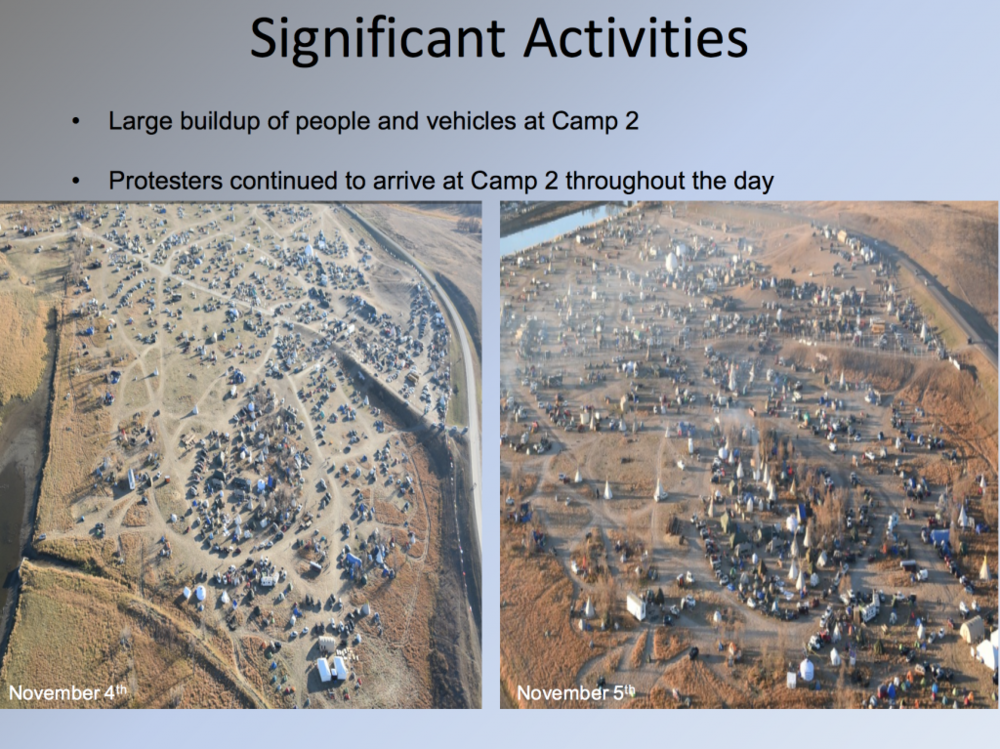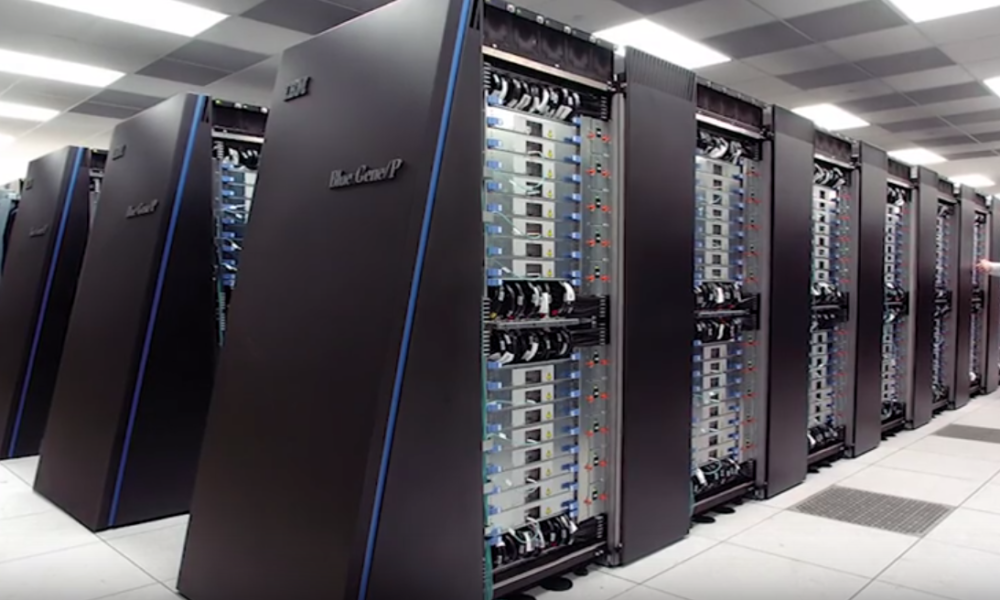NHS Gives Amazon Free Use of Health Data Under Alexa Advice Deal
Amazon has been given free access to healthcare information collected by the NHS as part of a contract with the government. The material, which excludes patient data, could allow the multinational technology company to make, advertise and sell its own products.
In July the health secretary, Matt Hancock, said a partnership with the NHS that allowed Amazon Alexa devices to offer expert health advice to users would reduce pressure on “our hard-working GPs and pharmacists.” But responses to freedom of information requests, published by the Sunday Times, showed the contract will also allow the company access to information on symptoms, causes and definitions of conditions, and “all related copyrightable content and data and other materials.” Amazon, which is worth $863bn and is run by the world’s richest person, Jeff Bezos, can then create “new products, applications, cloud-based services and/or distributed software,” which the NHS would not benefit from financially. It can also share the information with third parties. Labour’s shadow health secretary, Jonathan Ashworth, told the Sunday Times that the government was “highly irresponsible” and “in the pocket of big corporate interests.”




